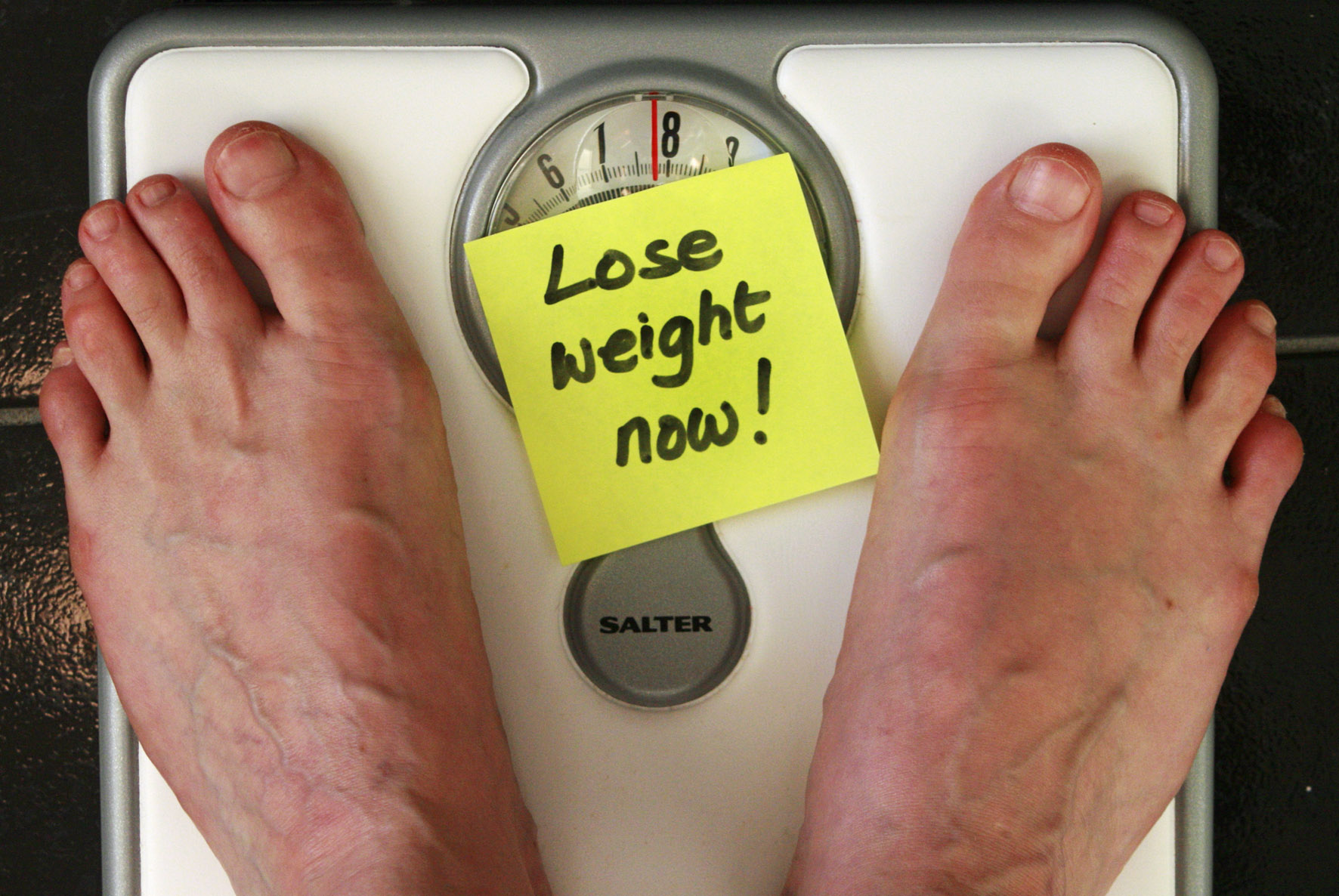Facts and Myths about Fasting.
Happy fasting everyone! In this article, I would like to share about what's the real myths and facts about fasting. Here it is.
1. Fasting Causing Pain?

MYTH!
This is not right. For people who are healthy, fasting will not cause pain. In the early days of fasting may be the body will feel weak, dizzy, and not powered. This happens because the body's adaptation to a different diet than usual. However, over time the body will adjust and get used to as well as back to normal. Much of the research that led to a variety of health benefits for people who fasted. Among other things, the benefits of fasting for people with functional heartburn symptoms that would reduce and even cure heartburn.
2. Elderly Should Not Fasting?

MYTH!
This is not entirely true. In principle, there are no restrictions for the elderly to run fast. In fact, many of the elderly are healthier mearasa by fasting. There are some conditions for the elderly who are allowed not to fast, for example with a very weak physical condition or are in a condition that causes pain is not able to fast. However, if the physical condition is still strong, still obligatory fasting in Ramadan. It would be better if examined in advance to the doctor and carried out laboratory tests to ensure the health conditions of the elderly.
3. Unnecessary Sports When Fasting?

MYTH!
Most people assume that when fasting does not need to be exercised. It is not right. Physical activity during fasting should not be reduced, including sports. The time is right for olahrga is ahead of iftar, approximately one to two hours earlier. During fasting, suggested still exercise regularly.
4. No Need to Eat Suhoor?
MYTH!
Some people think does not need to eat the meal before fasting. They were to be content with a meal in the evening. Most thought the meal was not much helpful because during the day also will feel hungry again. The meal is very important for people who fasted. Without eating a meal, the blood sugar to normal levels could only last two to three hours after waking. Further savings power source begins to decline dramatically, so make the body feel weak. With the meal is enough, the body possess sufficient reserves of glucose to perform activities on the competitiveness of the day. Moreover, there is a blessing on the meal. Therefore, the meal should not be abandoned sunnah.
5. Too Much Sleep during Fasting can Stronger Our Body?
MYTH!
Some people, a lot of sleep during the day in Ramadan. The reason is that the body does not limp. There is also reasonable with the hadith that says that the sleep of a fasting is worship. Please note, that the hadith is the hadith is weak (weak), so it can not be used as a postulate. Many sleep in the daytime it will cause the body weak and tend to be lazy to indulge. Thus, even when fasting, sleeping during the day just necessary. What's worse, sometimes sleeping at prayer times so that end a prayer, or may even leave it.
6. Patients with heartburn Not Allow Fast?
MYTH!
Not all disorders heartburn becomes a hindrance to fast, depending on the type and severity of ulcer disease suffered by a person. In ulcer patients were without abnormalities of the gastrointestinal tract (functional heartburn), it does not matter to remain abstinent. In fact, with fasting would help alleviate the symptoms of maagnya. In the early days of fasting may still feel uncomfortable. However, over time will get better by itself as long as the regular diet. Whereas in ulcer patients are accompanied by abnormalities of the gastrointestinal tract (organic ulcer), you should first check to your doctor if you want to fast.
7. Shower Night After Tarawih Causes Arthritis?

MYTH!
Arthritis, or rheumatoid arthritis, are symptoms of inflammation of the joints. Causes of arthritis itself until now not known, but what is clear evening shower is not the cause. So, do not worry bath at night again yes.
8. Can Lose Weight Fast?

FACT!
A study explained, fasting is one of the alternative weight loss is temporary. When fasting means that the body will be forced to keep the energy. In addition, the human body is genetically programmed to combat the effect or impact of fasting.
When fasting, the body's metabolism also slows down to conserve energy. However, when you go back to the usual dietary pattern that you run, it will lower your metabolism and cause you to store more energy.
This indicates, you will gain back the weight and potentially experiencing a greater increase in body weight. Although you consume food in the same amount of calories before fasting.
As written in WebMD, the factors that lead to differences in weight loss is appetite hormones. When fasting, the body will naturally adjust by reducing appetite, so you will also feel less hungry. At the time of stop fasting, appetite hormones makana you will only require the body to eat more.
9. Fasting Lower Blood Sugar, Cholesterol, And Controlling Blood Pressure?
FACT!
That is why fasting is highly recommended for the treatment of those suffering from diabetes, high cholesterol, obesity and high blood pressure. Under certain conditions, a patient is even permissible to fast, except those who are already suffering from severe diabetes, coronary heart disease and kidney stones. Fasting can keep a full stomach caused a lot of eating is the main cause for various diseases, especially obesity, hypercholesterolemia, diabetes and diseases caused by excess nutrients.
11. Diabetics Should Not Fasting.
MYTH!
In the case of mild diabetes, fasting glucose control in the blood. According to research, one of the health benefits of fasting is the decline in glucose levels. But in certain circumstances diabetes or diabetes with complications, should avoid fasting.
12. Drinking Milk When Iftar can Make Ulcer?
MYTH!
Ulcer patients should not drink milk of any kind, except for people with milk allergy or intolerance. Before drinking milk, you should drink water first. except people with milk allergy or intolerance.
13. Sleep Jump After Suhoor Will Soothes Gastric.
MYTH!
After dawn should not go straight to bed to avoid rising food from the stomach into the esophagus (reflux). Give pause a moment so that the stomach feel comfortable, do not feel sick and want to throw up.
14. Many Eat When Iftar Will Soothes Gastric.
MYTH!
Eat a lot when breaking it will stimulate the production of stomach acid suddenly. Normal person would easily burp satiety, whereas patients with ulcers that disrupted the ability to throw gas will experience bloating and uncomfortable.
15. Nursing Mothers Fasting is forbidden, because it affects the breastfed infants.
MYTH!
Until now there has been no research evidence that shows the quality and quantity of breast milk or baby's weight is reduced if the mother breast-feeding decreased fasting. Fasting Ramadan is obligatory for every Muslim, as well as pregnant and lactating mother. For the benefit of babies, mothers who are breastfeeding should know the condition of the biological and psychological problems that the baby's mother is not sacrificed when the mother was fasting.
16. Children Experiencing What Not Fasting Because Puberty is prohibited to Interfere growth.
MYTH!
Fasting in children before puberty is the most excellent learning tool to get real fasting. Until now there has been no research to show that fasting in children can interfere with growth. However, should the fasting in children should be consulted on the attending pediatrician when the child suffering from a particular disease or disorder.
17. No Need Sports During Fasting.
MYTH!
Physical activity during fasting should not be reduced. If you still want to exercise, choose a time before breaking the fast (1-2 hours previously) or 2-3 hours afterwards. During fasting is suggested to keep exercising. Sports movement will stimulate the release of hormones antiinsulin, which among other functions releasing blood sugar. Conversely, if the lack of movement, the body will feel weak and even fainting due to sugar content is left dropped dramatically.
Well, that's some of the myths and facts about fasting. Hopefully, after reading and understanding this article, we so understand, what is right and wrong about fasting. Thank you for visiting. Greetings!
Source: http://101jakfm.com/ and http://www.infospesial.net



Comments
Post a Comment